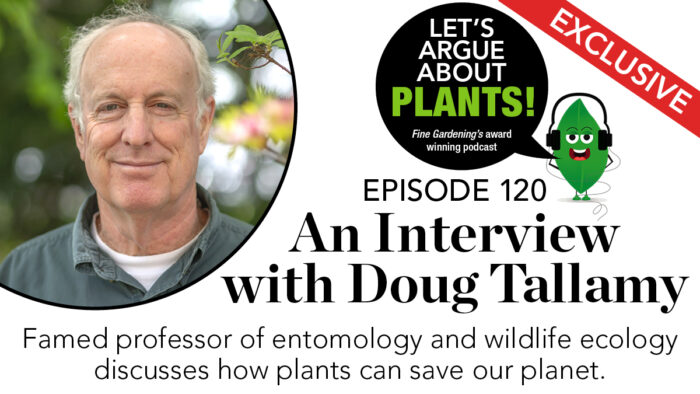
We are very pleased to bring you a special episode of Let’s Argue About Plants today, featuring an interview with Douglas Tallamy, PhD, professor of entomology and wildlife ecology at the University of Delaware. Several months ago, Christine Alexander, digital content editor for FineGardening.com, sat down with the famed professor to discuss how plants can save our planet. Tallamy has spent his life’s work researching the impact of nonnative plant species on the environment, with his fieldwork playing a critical role in solving the mystery of the plummeting insect and bird populations seen over the past 50 years. Despite the seemingly larger-than-life problems we face, Tallamy insists there are ways average gardeners can help save our ecosystems. He addresses some of the questions gardeners are asking: Should I be planting only native plants? What are keystone species, and why should I fill my landscape with them? Tallamy’s message is sometimes misconstrued, especially when it comes to a gardener’s role in the climate crisis. We hope this interview sheds some light and hope on steps we can all take to help nature. As Tallamy says, “We’re its last hope.”
This interview was edited for length and clarity. For further reading, check out Douglas Tallamy’s most recent books, The Nature of Oaks (2021) and Nature’s Best Hope (2020).
Don’t have time to listen to the whole podcast? Check out the version of this interview that appeared in Fine Gardening #208.
Why Native Plants Are Key to Saving Our Ecosystems
 |
 |
Keystone Plants
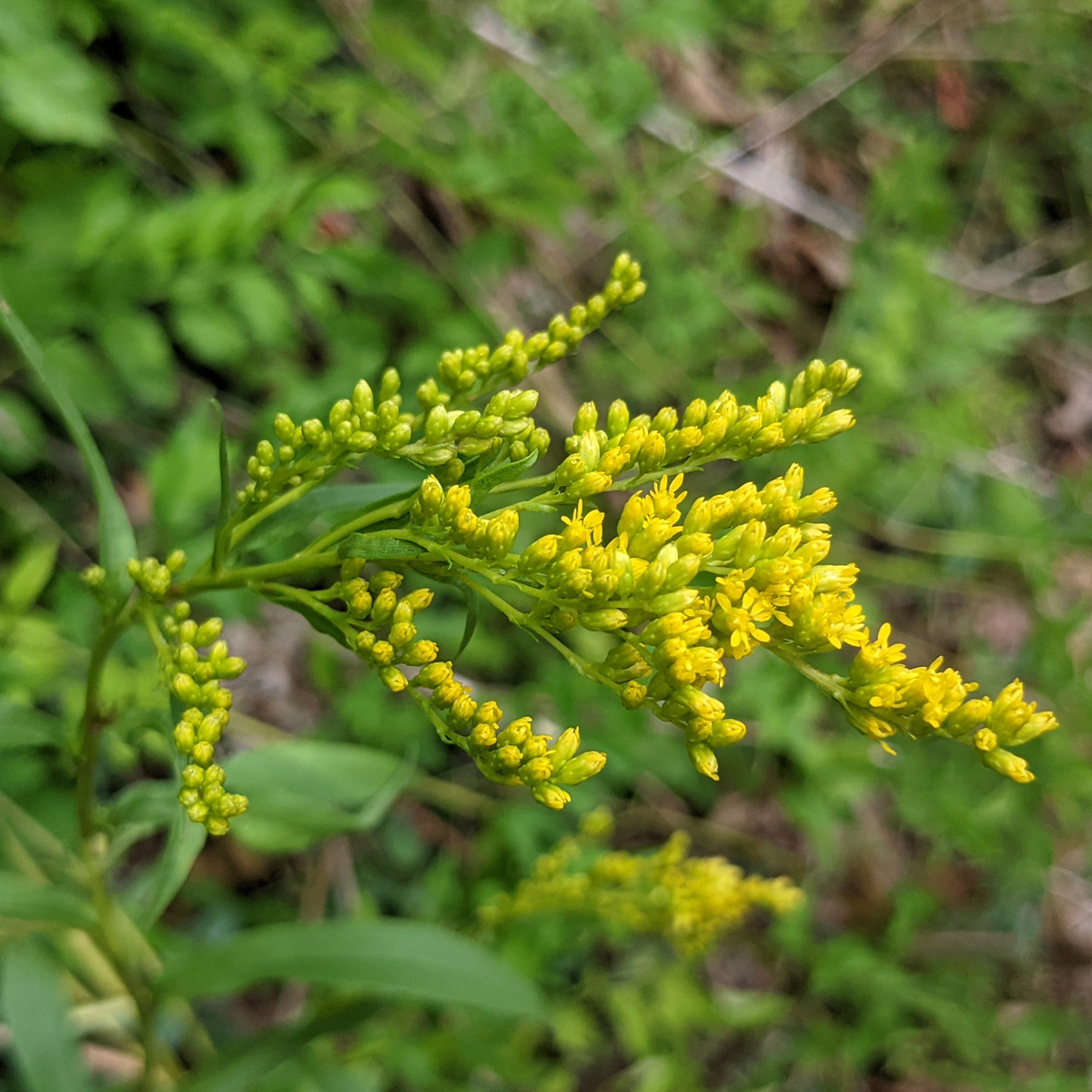
1. Goldenrod (Solidago spp., Zones 3–9)
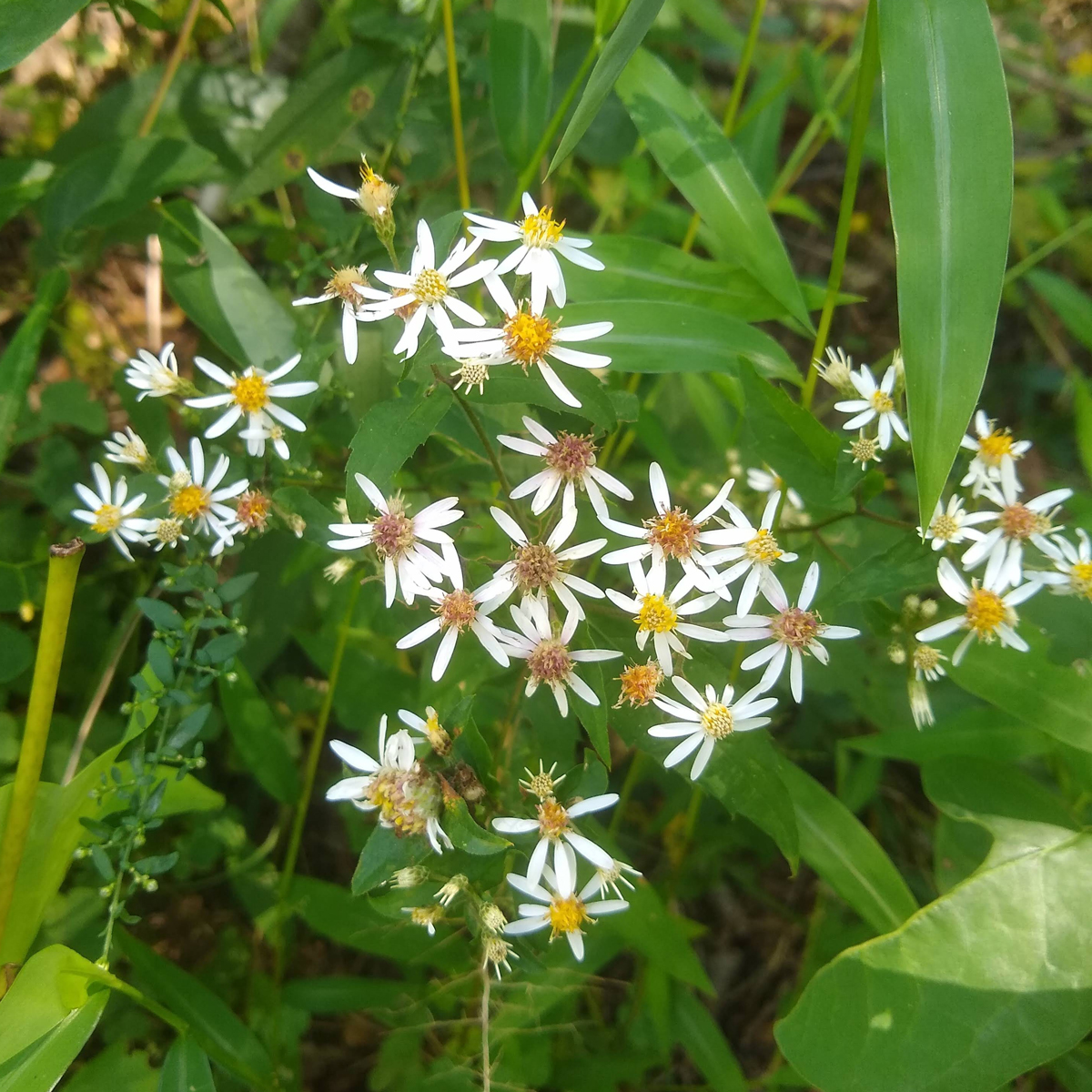
2. Aster (Aster spp., Eurybia spp., Symphyotrichum spp., Zones 4–9)
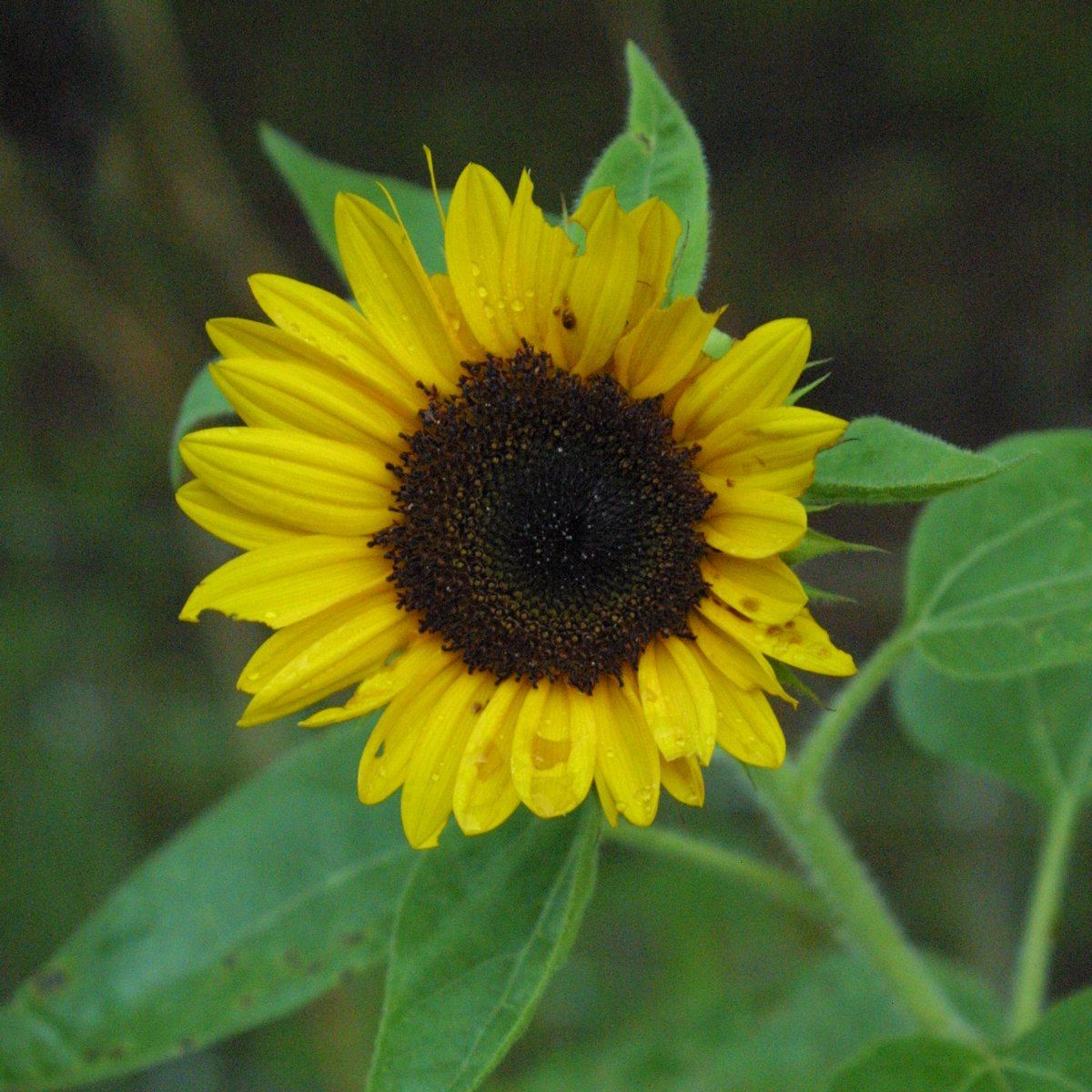
3. Sunflower (Helianthus spp., Zones 3–9)
4. Oak (Quercus spp., Zones 2–9)
5. Cherry (Prunus spp., Zones 3–8)
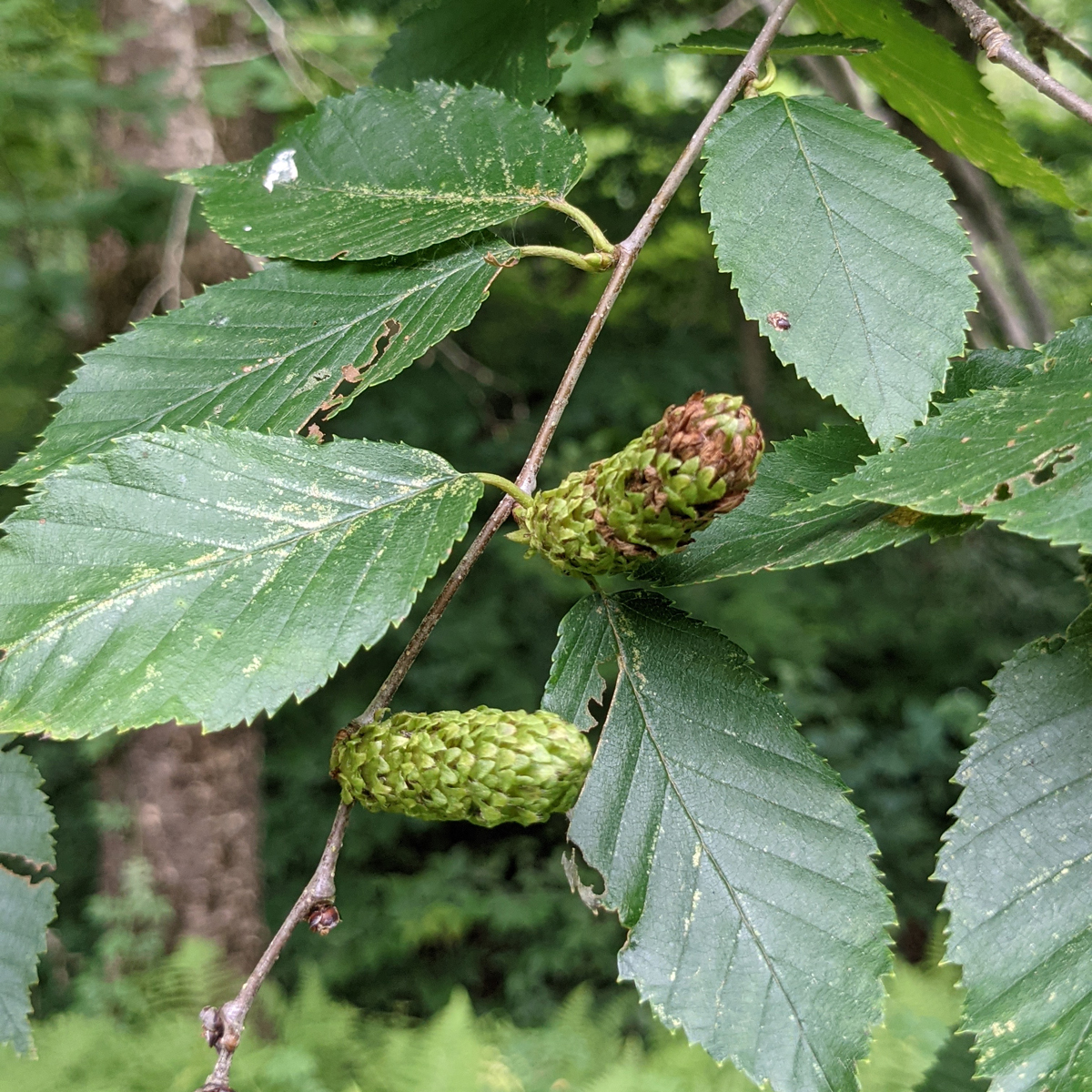
6. Birch (Betula spp., Zones 3–9)
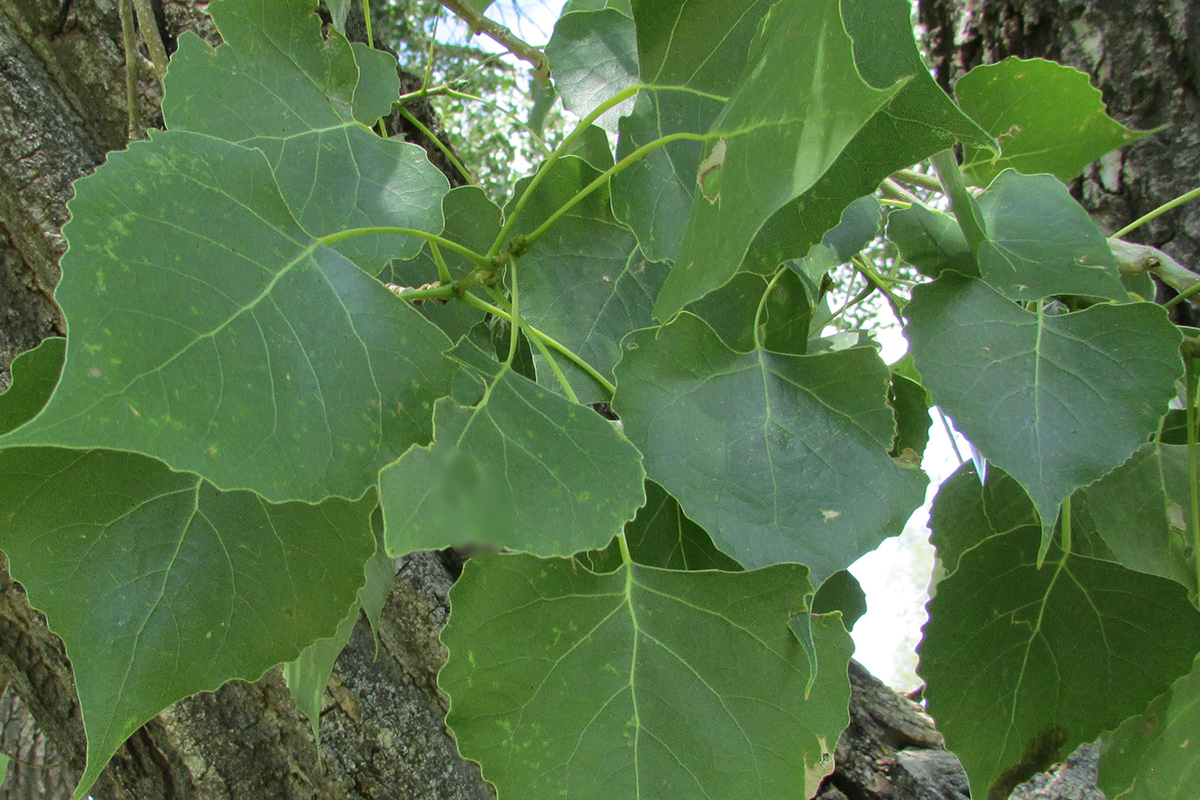
7. Cottonwood (Populus spp., Zones 2–9)
8. Elm (Ulmus americana, Zones 3–9)
9. Willow (Salix spp., Zones 4–10)
Fine Gardening Recommended Products
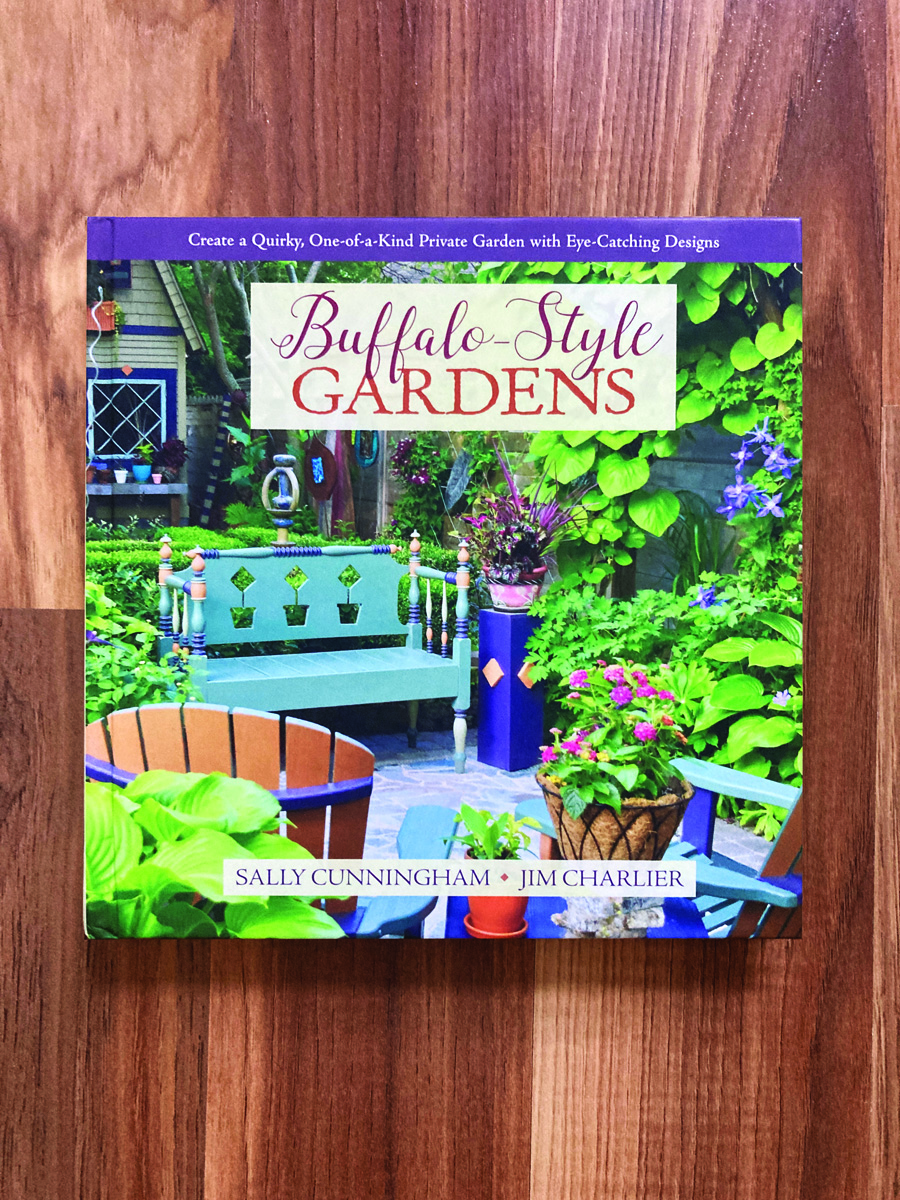
Buffalo-Style Gardens: Create a Quirky, One-of-a-Kind Private Garden with Eye-Catching Designs
Fine Gardening receives a commission for items purchased through links on this site, including Amazon Associates and other affiliate advertising programs.

Bird Houses for Outside Clearance with Copper Guard, Cedar Bird House Outdoor, Bluebird Finch Swallow Wren Chickadee
Fine Gardening receives a commission for items purchased through links on this site, including Amazon Associates and other affiliate advertising programs.
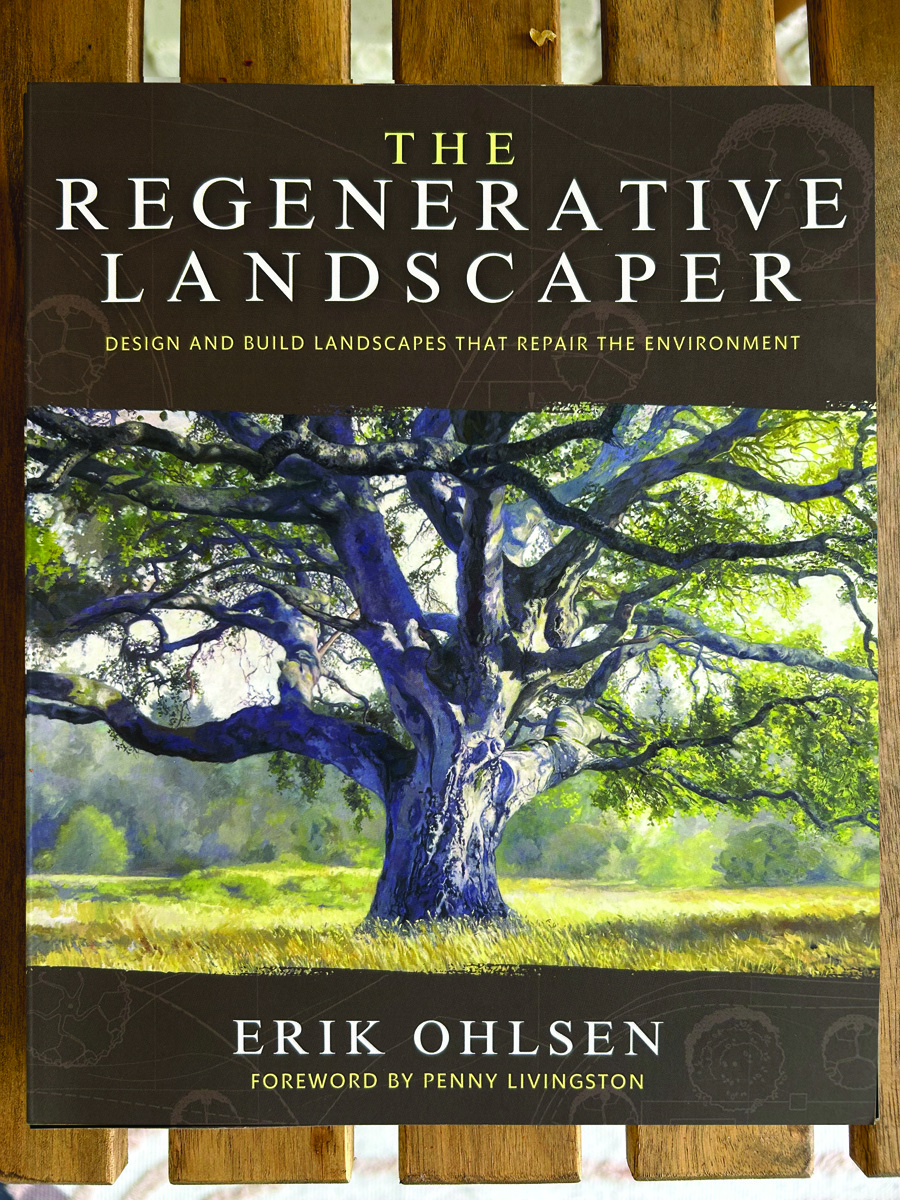
The Regenerative Landscaper: Design and Build Landscapes That Repair the Environment
Fine Gardening receives a commission for items purchased through links on this site, including Amazon Associates and other affiliate advertising programs.

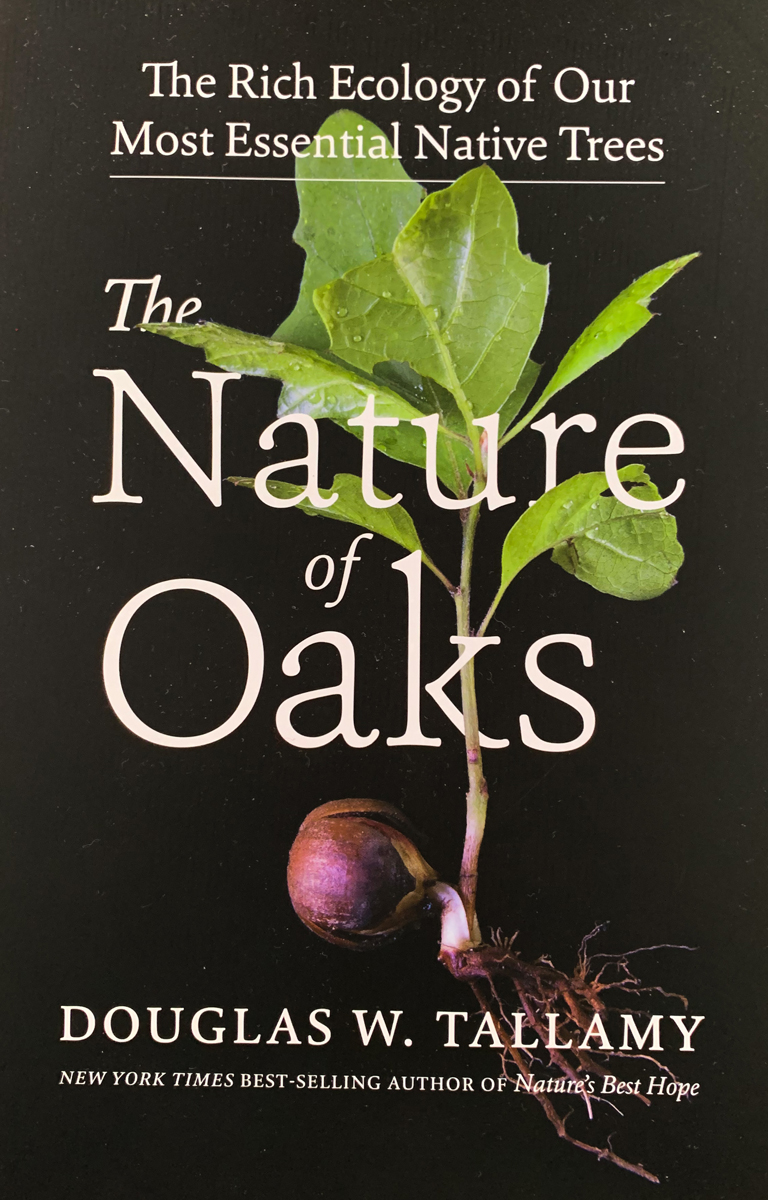




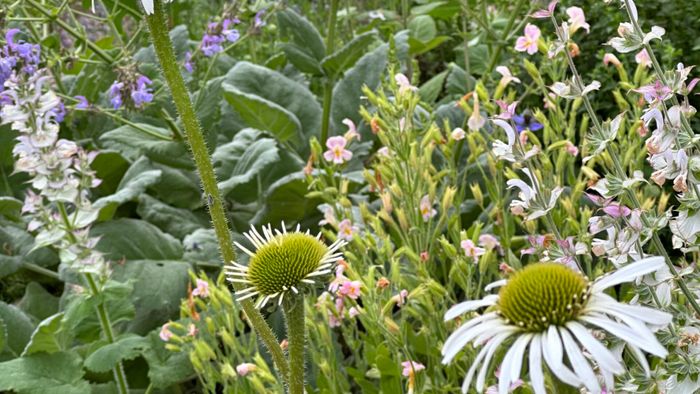
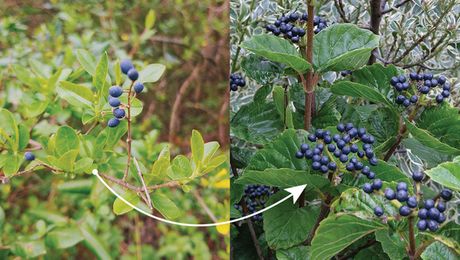
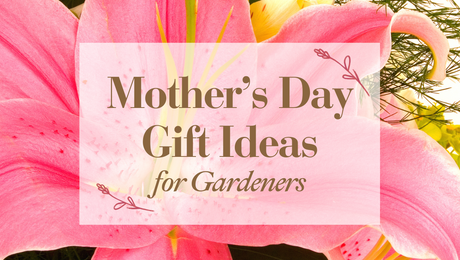










Comments
Log in or create an account to post a comment.
Sign up Log in